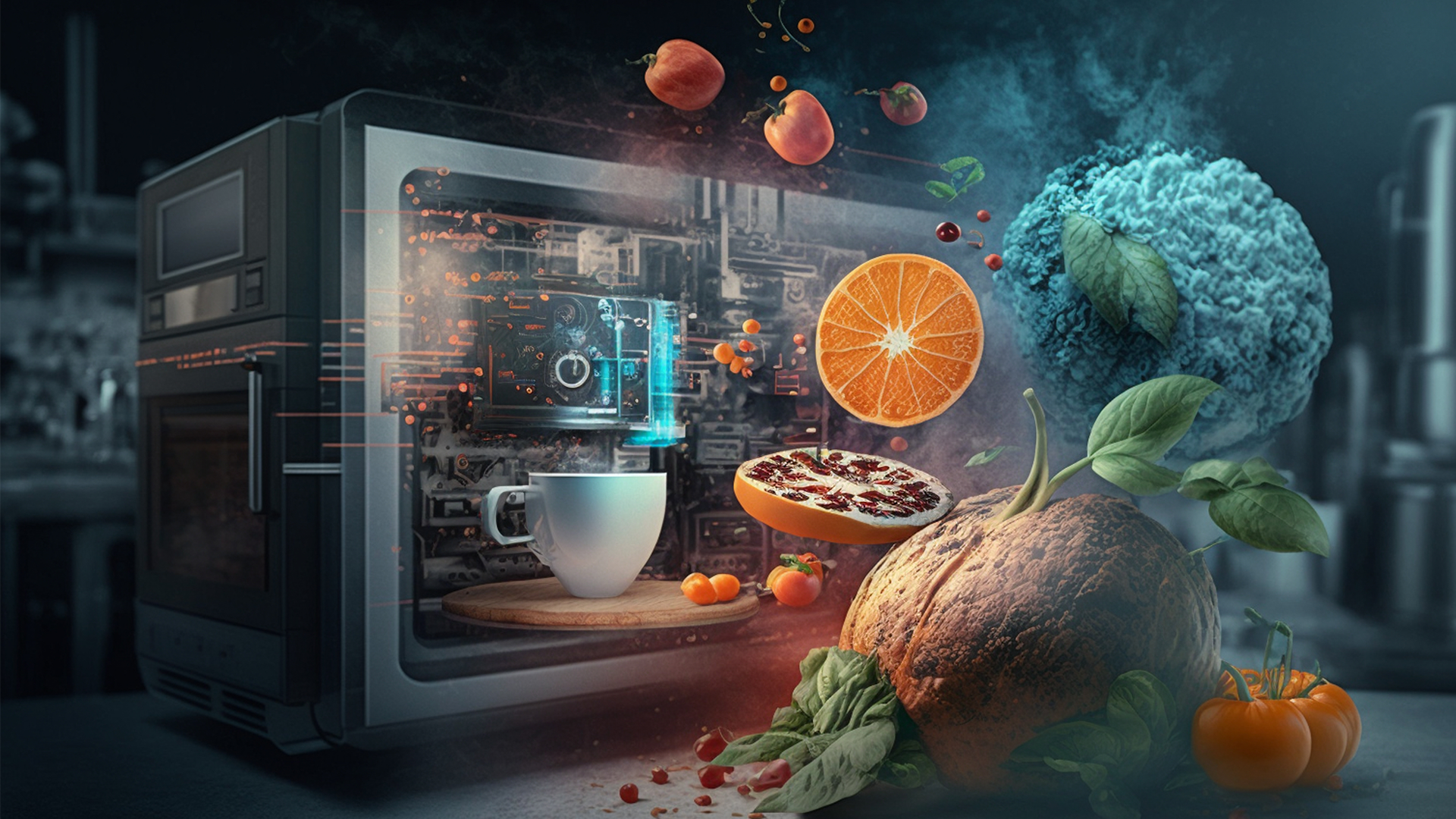8 breakthrough trends with digital transformation in the food & beverage industry

In an era where digital transformation in the food and beverage industry is becoming increasingly pivotal, industry leaders are pioneering through innovation to meet the rising consumer demand for health-conscious and natural product options. Amongst the top food and beverage companies, there’s a significant shift towards leveraging state-of-the-art formulation software to navigate these emerging market trends.
This blog unveils a comprehensive recap of our latest webinar, where Siemens, in collaboration with the General Mills, introduces groundbreaking digital solutions. Discover critical moments demonstrating how food and beverage manufacturing companies are employing advanced formulation and recipe management systems. Through this lens, we offer you a preview into the game-changing strategies and digital advancements set to revolutionize the food and beverage manufacturing industry.
Embracing key trends in the food and beverage industry
The food and beverage industry is undergoing a significant transformation. Digital threads are becoming the lifeline of product and production life cycles, pushing companies towards food and beverage automation. Siemens’ approach to food and beverage manufacturing highlights the importance of interconnected processes, ensuring that product innovations reach consumers with efficiency and speed.
An insightful discussion on how consumer trends are shaping the future of food and beverage product development.
The role of molecular modeling in formulation
To create products that resonate with consumer expectations, food and beverage manufacturing companies leverage molecular modeling and simulation. This advanced technique allows for meticulous formula management, ensuring every new formulation is optimized for both production and performance.
Exploring the integration of Simcenter Culgi within the product development process for enhanced formulation management.
Overcoming the sticky challenge in food formulations
One of the unique challenges in the food and beverage manufacturing industry is managing the stickiness of carbohydrates in water-based solutions. Here, molecular simulation steps in, providing a digital approach to traditional trial-and-error methods, enhancing the recipe management system with precise and predictive capabilities.
Dive into the science behind carbohydrate behavior in food products and the role of molecular simulation in resolving these complexities.
Decoding glass transition in sugars with simulation
Understanding the glass transition in sugars is crucial for ensuring the desired texture and stability in food products. The utilization of formulation management software can accurately predict these transitions, streamlining the recipe development process.
A deep dive into the impact of glass transition on sugar behavior and its significance in food science.
Calculating water activity with precision
Water activity is a critical factor in determining the shelf life and stability of food products. Using ingredient management software like the COSMO-RS model within Culgi, food and beverage companies can now predict water activity with unprecedented accuracy, fostering innovation in manufacturing recipe management.
The application of COSMO-RS model in predicting water activity, a key factor in food product stability.
Advancing sugar structure analysis with DPD and MD simulations
In the intricate dance of sugar molecules, food and beverage manufacturing turns to sophisticated simulation techniques to understand and control product behavior. This segment of the webinar highlights the comparative strengths of Dissipative Particle Dynamics (DPD) and Molecular Dynamics (MD) simulations. These powerful formulation management software tools offer a window into the intricate world of sugar structures, essential for crafting the perfect taste and texture in food products.
An in-depth look at how advanced simulations are transforming our understanding of sugar structures in food formulations.
Scaling new heights in product development
The journey from a small-scale formula to full-scale production is filled with challenges. Using advanced simulation tools, companies can now ensure that their products retain their intended quality and characteristics, no matter the scale of production, marking a new era in food and beverage manufacturing.
Discover the intricacies of scaling up production while maintaining the integrity of the original formulation.
Harnessing AI for enhanced recipe formulation
AI is setting a new standard in food and beverage manufacturing, particularly in ingredient formulation. By leveraging machine learning algorithms, manufacturers can predict the behavior of ingredients with unprecedented accuracy, allowing for more innovative and sustainable product development.
Dive into the ways AI is making ingredient interactions more predictable and formulations more efficient.
Discover the full spectrum of digital transformation in food & beverage manufacturing
The insights and technological advancements we’ve touched upon are just the beginning. Behind each highlight lies a wealth of knowledge and potential that can revolutionize the way food and beverage companies approach product development. To truly harness the power of digital transformation in your operations, we encourage you to experience the depth and breadth of expertise showcased in the complete webinar. This is your opportunity to gain an edge in a competitive market—watch now and be at the forefront of the industry’s digital evolution.


